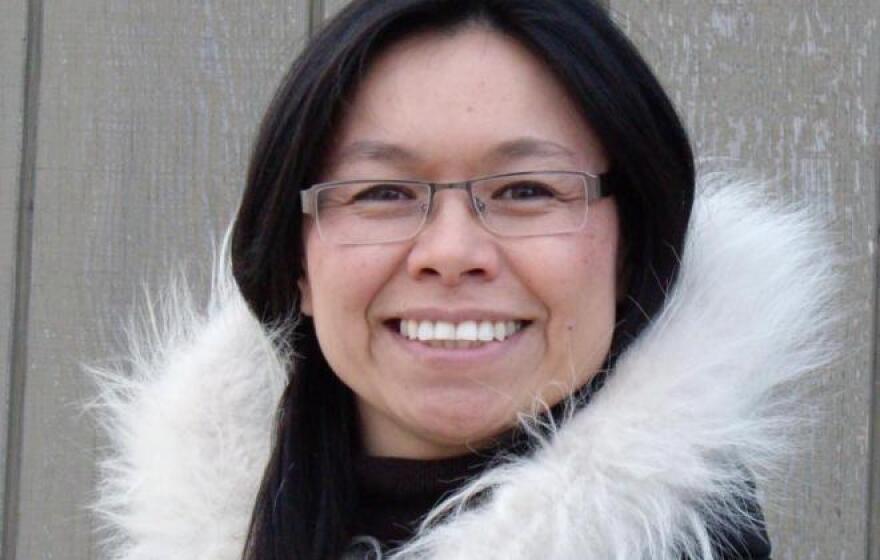Concerns over an Arctic “brain drain” ...
Ask any of the 11 local leaders from around the far north who participated in the recent Arctic Mayors Roundtable about the challenges their communities face, and you’ll get a list that, with few exceptions, they all share.
“We struggle with the lack of basic infrastructure,” says Madeleine Redfern is mayor of Iqaluit, capital of the Canadian territory of Nunavut. “Y’know, telecommunications and the lack of adequate broadband, in particular. Not having any fiber in our region hampers us.”

Leaders of communities in Scandinavia and Iceland who roundtable participants said for the most part that’s not an issue in their part of the Arctic. But they and the other mayors at the meeting held at the University of Alaska Fairbanks shared many other concerns cited by Redfern.
“The energy issue, similarly. Y’know, we ship in all our diesel for fuel and electricity. We’re one of the few regions that does not have really a renewable-energy solution.”
Christen Kristoffersen, from Longyearbyen Norway, brought up another challenge that she says poses perhaps the most serious threat to the long-term sustainability of many smaller Arctic communities.

“One of the real worries that we have is we have a brain drain,” she said. “People leave and they don’t come back.”
Kristoffersen says the solution is that Arctic nations must focus greater effort on providing good education in villages and other small communities. Including higher education, especially vocational and technical instruction that could be provided online.
“So, actually establishing education in the Arctic for youth to be able to educate at home is very important for us,” she said.
Kristoffersen says the broadband that provided the distance learning could also be used to help young entrepreneurs establish an online business that would enable them to market their goods and services so they could earn a living in the community.
“So, that is one of the real core issues,” she said.
It’s an issue Kristoffersen says the mayors will likely talk about in their next roundtable meeting, which she hopes will be next year.



